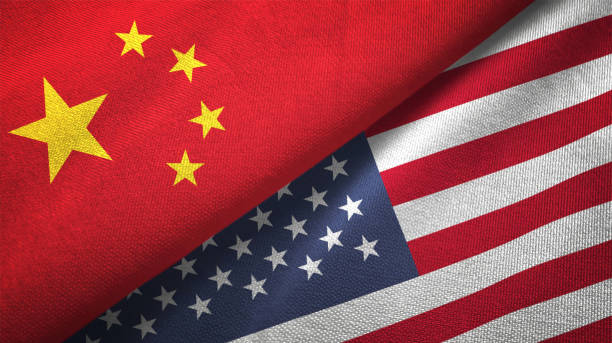The US Trade Representative’s Office (“USTR”) published the 2022 Special 301 Report on Intellectual Property Protection and Enforcement on April 27. This year’s report is unique in that it includes a section dedicated to new Chinese intellectual property legislation and the USTR’s assessment of their enforcement.
The Special 301 Report is an annual publication that analyzes the “global state of IP protection and enforcement.” The report designates countries of concern as Priority Watch List or Watch List countries; 27 countries were designated this year, including China, which remained on the priority watch list. Although designated as a priority watch list country carries no additional sanctions or enforcement, the United Indicates Trade Representative (USTR) states that designated countries will be the “subject of particularly intense bilateral engagement during the coming year.”
Update on China’s New Intellectual Property Laws
The Special 301 Report for 2022 was the first to be produced after China changed its Patent Law, Copyright Law, and Criminal Law, as well as other IP-related policies. The US Trade Representative (USTR) started with a practical analysis of how these rules affect Chinese rights holders in the following ways:
Trade Secrets: The USTR welcomed the changes to trade secret protection in the Criminal Code, particularly the enhanced procedural protections and a broad definition of misappropriation. The United States Trade Representative has urged Chinese courts to issue new judicial interpretations on how to apply the law, as well as the Ministry of Justice to start implementing the Guiding Opinions on Strengthening the Protection of Trade Secrets and Confidential Business Information in Administrative Licensing.
Trademarks: The United States Trade Representative stated that, notwithstanding changes to the Trademark Law, brand owners have had limited success in court in opposing bad faith trademark registrations, especially when compared to the number of bad faith trademarks granted. It went on to say that the China National Intellectual Property Administration (“CNIPA”) has made “some improvements” in rejecting trademark applications from “hoarders” who file multiple applications at once, but that the agency is still allowing bad faith applications from applicants who only submit a few applications at a time. It went on to say that a CNIPA appeals procedure would help relieve these issues.
Counterfeiting: While USTR welcomed national measures to “crackdown” on counterfeit pharmaceuticals and penalize counterfeiting, it still claims that China and Hong Kong contribute to 83 percent of US IP seizures, the majority of which are for counterfeits. The United States Trade Representative was concerned that the deprioritization of counterfeiting cases in court, as well as insufficient regulatory control of medical products, would simply encourage more counterfeiting. Counterfeiting is particularly common on e-commerce sites, according to the USTR, but reforms to the E-Commerce Law have been delayed in coming.
When it came to the laws’ content, USTR had the following statement:
- Judicial Reform: USTR’s analysis focused on March 3, 2021, judicial interpretation of punitive damages in civil IP cases. USTR saw this reform as a positive development but noted that swapping the term “income” for “gains” could result in infringers who do not make a profit on illegal sales not being held liable under the law. USTR reported that criminal enforcement remains uneven, and it reported continued difficulties in securing injunctive relief.
- Copyright Law: USTR welcomed the protection of new rights of public performance and broadcasting, but sought improved enforcement of these rights.
- Patent Law: Looking at the patent application review process, USTR said that CNIPA’s new efforts to improve patent application quality have not had much effect on the quality of patents filed. However, it welcomed reduced patent subsidies. USTR had higher praise for the new Patent Law, which protects “partial designs, patent term extensions for patent office and marketing approval delays, and the statutory basis for a mechanism for the early resolution of potential pharmaceutical patent disputes.” However, USTR sought consistent enforcement from patent enforcement bodies. It also had concerns about expedited patent disputes, which USTR fears may favor Chinese companies over outsiders.
- Cybersecurity Laws: USTR mentioned the Cyberspace Administration’s new Review Measures related to data handling activities that impact national security. USTR feared that the agency could invoke cybersecurity as a pretext to infringe on IP rights.
- Seed Law: USTR also mentioned recent amendments to the Seed Law from March 2022. USTR was concerned about gaps in plant protection outside of certain regulated categories.
